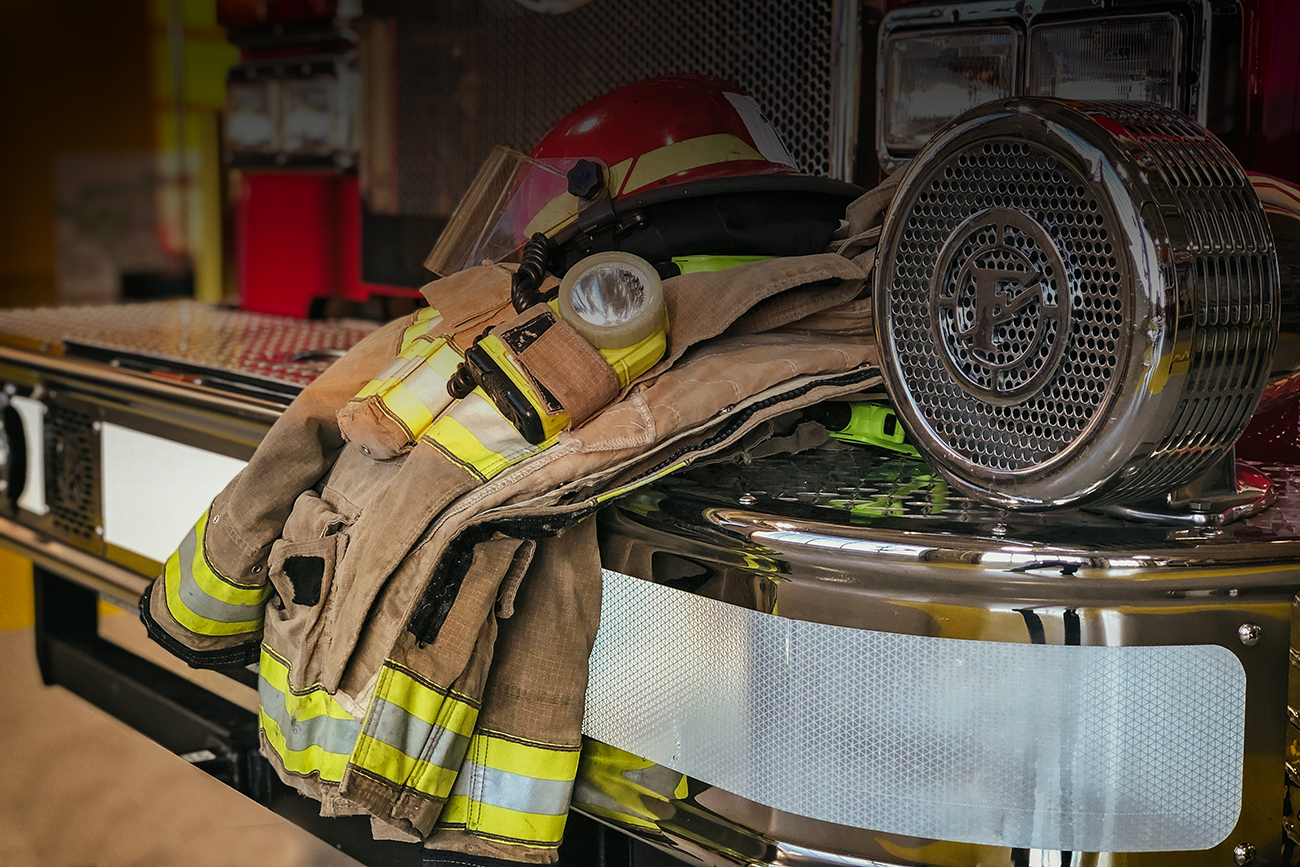2023 BNSF sustainability award winners: 10 customers who are leading the way
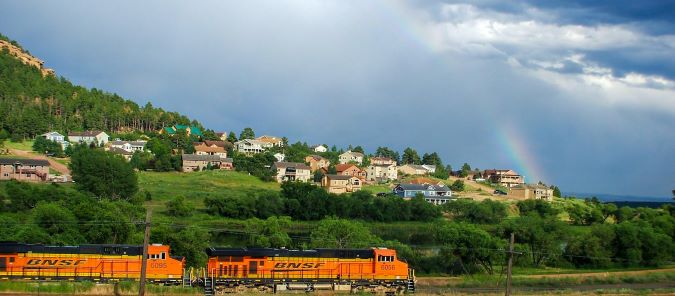
Rail is the most environmentally efficient mode of surface transportation and our customers are utilizing that fact as a key factor in achieving their sustainability goals. Building upon the success of the launch of our Sustainability Award program last year, the 2023 class of award winners once again represents customers from all of BNSF’s business units that are at the cutting edge of sustainability.
“We’re excited to build on the success of our Sustainability Awards program in 2023 to honor sustainable freight leaders,” said John Lovenburg, BNSF vice president, Environment & Sustainability. “These 10 companies continue to achieve incredible success in their respective sustainability journeys and we’re proud to be a part of their freight solutions.”
Award recipients are recognized for significant achievement in one of several categories, including: supply chain efficiencies, sustainable technology implementation, sustainability leadership and partnership with other like-minded organizations, and investments in sustainable infrastructure.
This year’s 10 winners are:
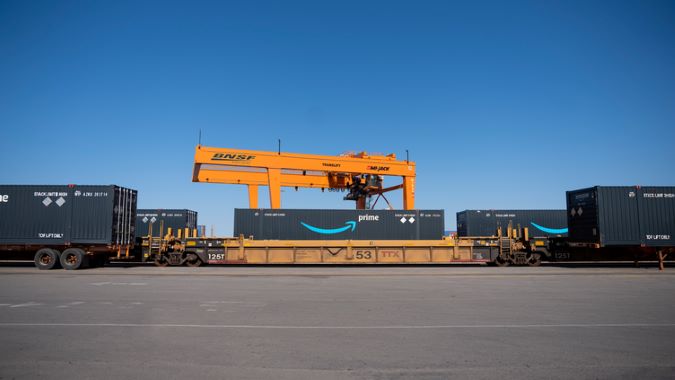
Amazon co-founded The Climate Pledge in 2019 and committed to achieve net-zero carbon emissions by 2040. Decarbonizing Amazon’s transportation network is a key part of reaching this goal and Amazon is investing in solutions across global, middle, and last mile to help reduce emissions. This includes having rolled out over 10,000 electric delivery vans from Rivian as it works to bring 100,000 to the road by 2030 and investing in alternative fuels, such as sustainable aviation fuel and green hydrogen. Amazon has also helped establish industry initiatives designed to help scale more-sustainable solutions across aviation, ocean shipping and trucking, such as the First Movers Coalition, Cargo Owners for Zero Emission Vessels (coZEV), the Zero Emissions Maritime Buyers Alliance (ZEMBA), and the Sustainable Aviation Buyers Alliance (SABA). To further support its work to decarbonize its operations, Amazon is investing in renewable energy and is on a path to powering its operations with 100% renewable energy by 2025—five years ahead of schedule. To date, Amazon has announced more than 400 renewable energy projects globally. When fully operational, these projects combined are expected to help generate enough clean energy to power the equivalent of more than 5.3 million U.S. homes. This work has resulted in Amazon becoming the world’s largest corporate buyer of renewable energy—a position it has held for the last three years.
“BNSF is proud to be a part of Amazon’s supply chain, working closely with them to integrate more rail to help them achieve their carbon emissions goals,” said Katie Hower, vice president, Domestic Intermodal Marketing for BNSF.
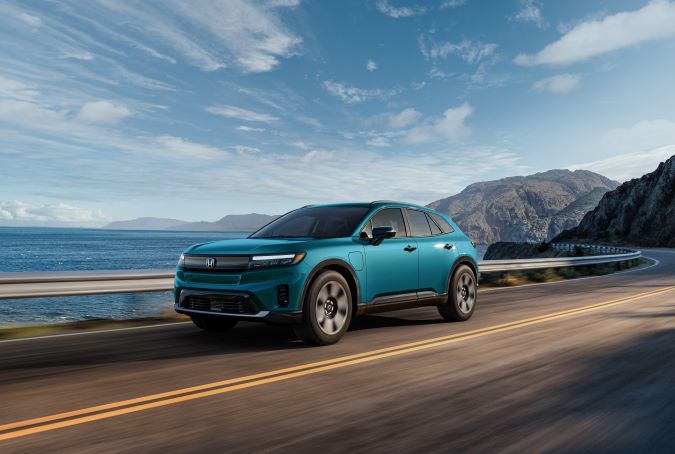
Honda plans to launch 30 different electric vehicle (EV) models by 2030 and aims for 100% of their vehicle production to be electric by 2040. They also are committed to supplying their global operations with 100% renewable energy by 2050 and are working with LG Energy Solutions to invest $4.4 billion to establish a new joint venture plant to produce lithium-ion batteries in Ohio.
BNSF will be transporting these new electric vehicles, the first of which, the Honda Prologue SUV, will begin shipping in January 2024, followed by the Acura ZDX in Spring of 2024. As a part of supporting Honda’s carbon reduction goals, over the past several months, BNSF, Greenbrier, and Honda have also partnered together to repurpose an existing fleet of previously underutilized Auto-Max railcars. Originally born out of a collaboration between the three parties, these railcars have the highest load factor and efficiency among autoracks to create a steady loop that will deliver Honda vehicles across the United States.
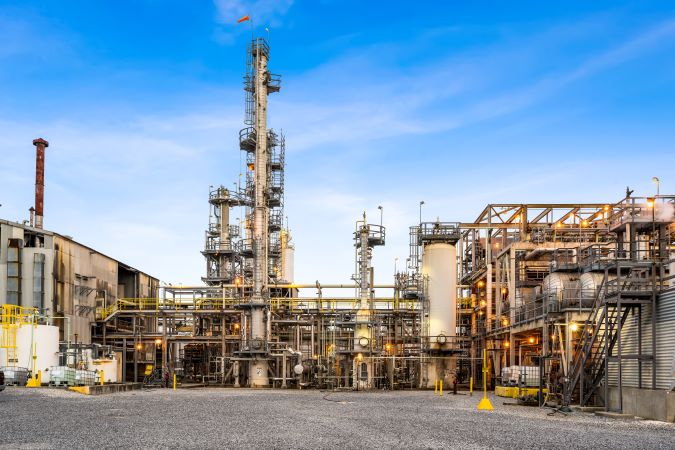
Chevron Renewable Energy Group
In 2022, Chevron acquired Renewable Energy Group (REG), significantly expanding their renewable fuels business and helping provide lower-carbon options for transportation providers. Through the acquisition, Chevron Renewable Energy Group is helping Chevron work toward their goal of having the capacity to produce 100,000 barrels of renewable fuels per day by 2030.
As part of their broader sustainability efforts, Chevron is investing $2 billion in carbon-reduction projects and $8 billion in lower-carbon investments by 2028. Since 2016, they have also reduced their oil production Scope 1 and 2 carbon intensity by nearly 40% and their methane intensity by more than 50%.
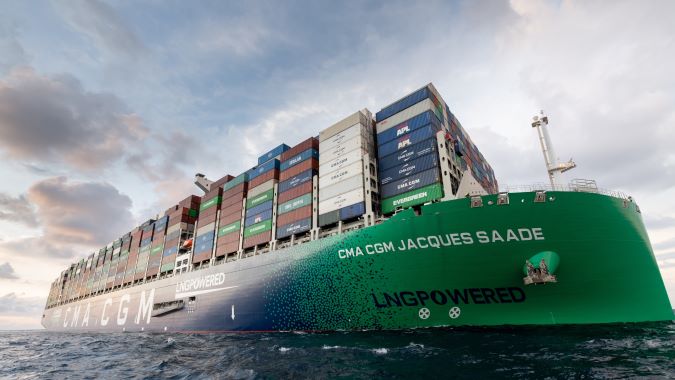
Faced with current environmental and social challenges, the CMA CGM Group, a major player in international trade employing 155,000 people worldwide, has a role to play. CMA CGM Sustainable Development approach is based on three pillars: Acting for People, Acting for Planet and Acting for Fair Trade. As a part of their Acting for Planet pillar, CMA CGM is committed to building a more sustainable model, relentlessly imagining Better Ways to fight climate change and protect our planet’s resources. Objectives under this pillar include:
- Achieve Net Zero by 2050
- More than 100 ships in fleet using low carbon fuels by 2027
- 100% low-carbon electricity for CEVA Logistics warehouses by 2025
- Preserving air quality and biodiversity
"When it comes to intermodal -- where every provider in the supply chain and each leg of the journey can make an impact -- we’re excited about the work that CMA CGM is doing to make our broader intermodal supply chain even more sustainable,” said Brandon Unterbrink, vice president, International Intermodal Marketing for BNSF.
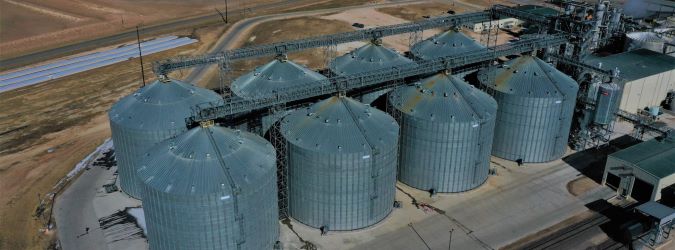
Hereford Ethanol Partners / Friona Industries
Since acquiring their ethanol plant in Hereford, Texas, Hereford Ethanol Partners (HEP) has implemented expansion and efficiency projects to increase the production of ethanol while reducing energy demand and lowering carbon intensity. Additional projects being pursued range from upgrading to renewable energy to adding carbon-sequestration technology at the facility. Affiliate Friona Industries is also very environmentally forward looking by investing in technologies for beef production optimization and researching biodigesters of cattle biowaste with water recycling. It is transforming the agricultural benchmark with leading practices for environmental, social and governance (ESG) in producing beef responsibly.
“BNSF supports HEP by moving the corn needed to produce ethanol at their plant in Joel, Texas, as well as transporting the produced ethanol to market,” said Tom Chmielowski, director, Marketing, Agricultural Commodities, for BNSF.
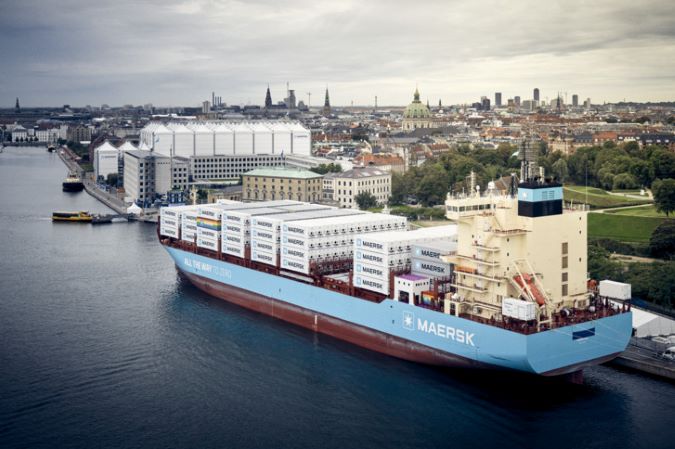
Maersk continues to shape a greener future for global shipping, inspiring the entire industry with their commitment to achieving net zero carbon emissions across their entire business and delivering 100% green solutions for customers by 2040. In 2023, Maersk launched Laura Maersk and is expanding its fleet with 24 additional methanol vessels scheduled for delivery between 2024 and 2027, adhering to a policy of exclusively acquiring new vessels with green fuel options. In addition to ocean shipping, Maersk is electrifying landside transportation solutions, collaborating with customers to transition heavy-duty trucking to electric vehicles powered by 100% renewable electricity sources.
Maersk is dedicated to meeting the Science Based Targets that align with the 1.5°C pathway by 2030, in accordance with the Paris Agreement's objectives to limit global warming to 1.5°C above pre-industrial levels, thereby raising new benchmarks in supply chain sustainability.
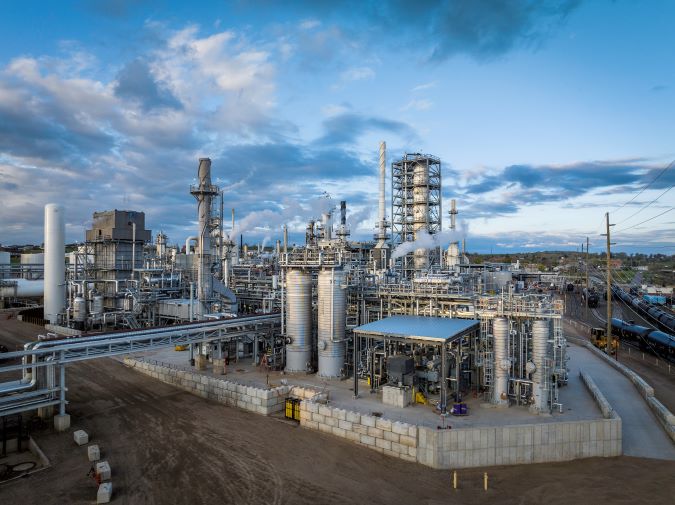
Montana Renewables is the largest producer of Sustainable Aviation Fuel (SAF) in North America. This subsidiary of Calumet Specialty Products, located in Great Falls, Montana, processes up to 15,000 barrels per day of renewable feedstocks into low-emission sustainable alternatives, such as SAF and renewable diesel fuel, that directly replace fossil fuel products. Montana Renewables has a multi-year SAF offtake agreement with a third-party, which then sells it to commercial airlines. Learn more about how BNSF supports this customer.
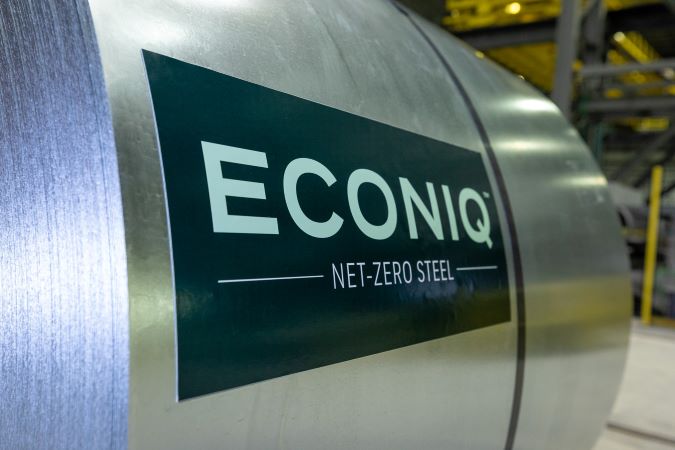
Nucor Corporation is the largest steel and steel products producer in North America and the largest recycler of any material in the Western Hemisphere. For more than five decades, Nucor has been built on the sustainable model of producing steel with a low-carbon footprint by recycling scrap metal into new steel and steel products through the use of electric arc furnace technology. With its continued investment in breakthrough technologies to lower emissions across the supply chain, Nucor is committed to reshaping the industry by not only making steel more sustainably but enabling partners to reach their own carbon reduction goals. In 2022, Nucor became the first major industrial company in the world to join the UN 24/7 Carbon Free Energy Compact and is a founding member of the Global Steel Climate Council – a coalition advocating for a single transparent global emission standard focused on steelmaking emissions.

Shell Chemicals plays an important role in enabling Shell’s Powering Progress strategy, which sets out to accelerate the transition to net zero emissions for itself and across sectors. Shell has been involved in ongoing decarbonization efforts with the rail industry in areas such as renewable fuels and plastic circularity in both Europe and North America. Earlier this year, Shell Chemicals provided circular butadiene, a monomer produced with plastic waste, to Bridgestone to enable the production of sustainable synthetic rubber used in the tires for this year’s Indy 500.
Additionally, Shell Chemicals is expanding its production of bio-based chemicals to meet customers’ sustainability needs at locations like their Shell Energy and Chemical Park Norco in Louisiana. In particular, they are using waste oils, such as used cooking oil and other renewable oils, such as soybean and corn, to produce bio-based renewable diesel, which can also be used to produce chemicals like ethylene, ethylene oxide (EO), alcohols and ethoxylates. These chemicals are used to produce everyday products, such as laundry detergent, body wash, sunscreen, shampoo and household cleaning products.
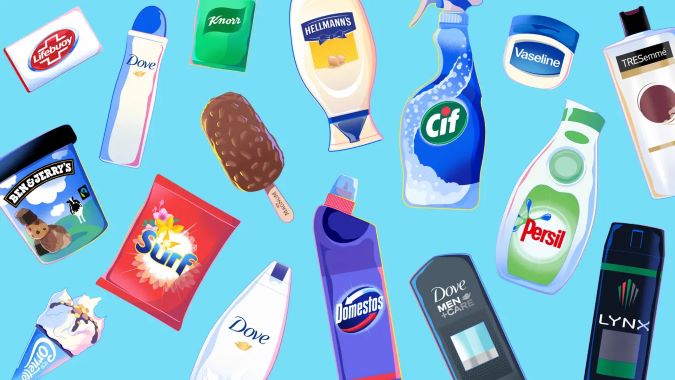
Unilever has established the goal of both reducing their emissions by more than 40% by 2030 and achieving net zero by 2039. Globally, in 2022, they reduced their Scope 1 and 2 GHG emissions by 68% against a 2015 goal and set the goal to deliver a deforestation-free supply chain by the end of 2023.
To achieve these goals, Unilever is approaching new processes across all aspects of their supply chain and increasing their use of intermodal to utilize the sustainability benefits of rail. For example, at their Ben & Jerry’s plant in St. Albans, Vermont, they are building a new biogas renewable energy processing plant with PurposeEnergy that will treat up to 50,000 gallons per day of food waste and wastewater when fully operational.
Across its facilities, Unilever will also reduce warehouse emissions by using less light-emitting diode (LED) lights, utilizing alternative fuels such as renewable natural gas and compressed natural gas, and deploying zero emission EVs.
“Team BNSF is regularly talking with Unilever about additional lanes that could be converted to intermodal to further assist with the company’s sustainability goals. With the launch of the new Quantum service with J.B. Hunt, all parties are looking at that next tier of business – direct-to-customer -- that traditionally moves over the road (OTR or via truck),” said Jeremy Young, manager, Sales for BNSF. “This direct-to-customer business demands a higher level of service, and BNSF and J.B. Hunt feel this is prime for OTR to intermodal.”
When it comes to sustainability, the advantages of rail are clear. At BNSF, we are doing more than just helping to reduce our customers’ carbon emissions. We are also leading the way when it comes to sustainability. Find out more by visiting our Sustainability Overview.

